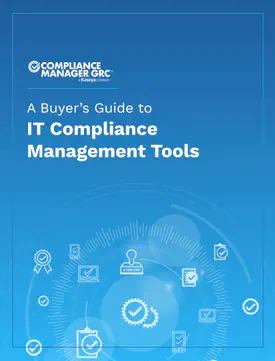In an earlier blog, we outlined some of the most common HIPAA violations that befall covered entities and business associates. Now we’ve got some tips for MSPs to help their clients avoid those HIPAA violations and costly fines and maintain continual compliance.
- Set Up Multi-Factor AuthenticationCovered entities and business associates should not rely on a singular safeguard to secure records. Multi-factor authentication strengthens security. Combinations of defenses, such as passwords, device verification, biometric identifiers, and swipe cards, create multiple “doors” that hackers or unauthorized users must unlock to gain access.
- **Encrypt Electronic Protected Health Information (ePHI)**Theft or loss of a device continuing ePHI are not uncommon incidents, unfortunately. Encryption is one of the most effective ways to guard data on missing devices. If a device goes missing in action, the organization may not face a reportable HIPAA incident if its files were encrypted – unless the decrypt key is also stolen. However, if an organization chooses not to encrypt, they must employ an alternative, equally secure method.
- Restrict Data AccessData permissions should not be granted beyond those which are necessary to an employee’s job function. For example, if a worker’s position does not call for patient record viewing, that employee should not have access to do so.
- Train EmployeesStrong authenticators and access restrictions only go so far in protecting PHI. Employees who have legitimate access to records can still put data at risk. Businesses can strengthen their security by educating employees on cybersecurity best practices and other data security methodology. An organization’s data is only as secure as its weakest link. If employees do not understand and practice reliable data security, they put your compliance standing at risk.
- Document EverythingShould a covered entity or business associate suffer a breach or face an audit, documentationof assessments, policies, and procedures could save the organization from a hefty fine. Documenting all actions, policies, and practices can prove that a business performed due care to maintain compliance.
- Use HIPAA Compliance SoftwareIncreasing volumes of patient data challenge covered entities and business associates to maintain HIPAA compliance. Even knowledgeable clients can struggle with the security, privacy and breach notification rules that make up HIPAA.
MSPs can help clients reduce HIPAA violation risks and maintain audit health with compliance process automation software. A comprehensive solution that includes complete HIPAA assessments, management plans to remediate issues, evidence of compliance, and a policies and procedures manual works to keep a client’s HIPAA requirements current and risk-free.
HIPAA compliance is more critical and complicated than ever. MSPs need a solution that goes beyond manual capabilities, and compliance process automation is the answer.
To learn more about how you can help your clients manage the entire HIPAA compliance process, request a demo of Compliance Manager today.
